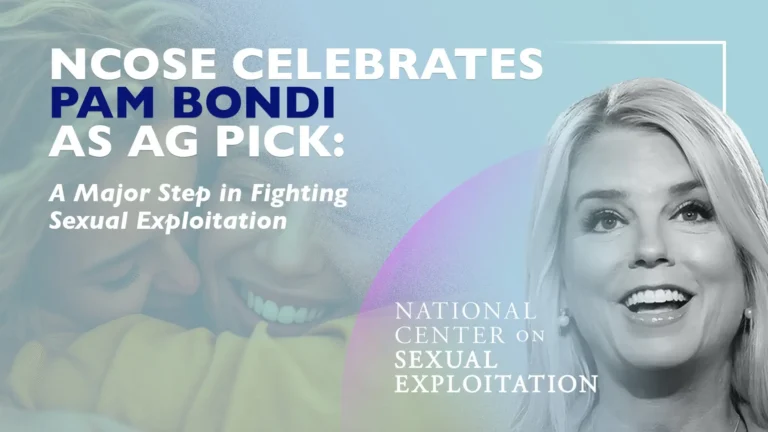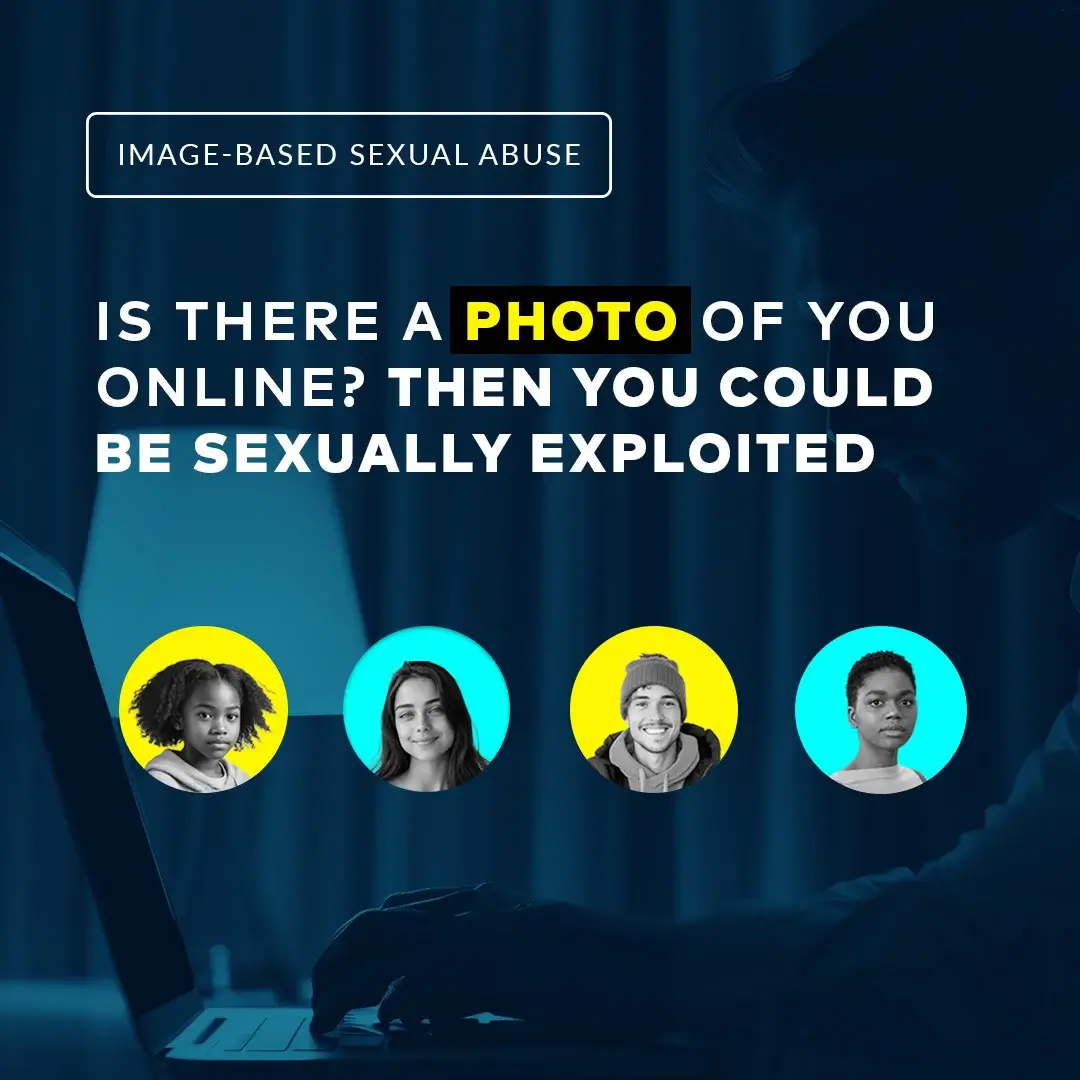By Debbie Shelley
The Catholic Commentator
Many parents wish they had an “electronic guardian angel” to put their hands over the eyes and ears of their children to keep them from seeing or hearing anything offensive. But the best Wi-Fi limitations, web filters and other parental controls do not guarantee children will not encounter pornography on the internet sometime during their young life because of technology’s pervasiveness, said Dr. Mario Sacasa, director of counseling services at Notre Dame Seminary in New Orleans.
Sacasa recently gave a presentation concerning battling pornography at Christ the King Church and Center at LSU.
He said there are ways for parents to talk to their children so that if they come across it, they can maturely say, “No.”
Parents should start the conversation with their children at a young age, Sacasa advised. Children can be introduced to illicit materials from a variety of sources, from smart phones and tablets to older siblings or friends. Reports indicate children come across pornography online as young as 8-9 years old. A nationally representative survey found that 64 percent of young people ages 13-24 actively seek out pornography weekly or more often.
“If you wait until adolescence, I think you’ve waited too long,” said Sacasa.
The conversations can begin with discussing what are “good pictures” and “bad pictures” and how to appropriately respond when coming across pictures of naked people, according to Sacasa.
“It’s all interconnected. It’s teaching opportunities and moments,” said Sacasa.
Parents should cultivate a safe, loving atmosphere in their home, openly speak to their children about the issue and calmly talk to them when they report seeing something “that isn’t right,” according to Sacasa.
“They don’t have the shame and baggage that adults do,” said Sacasa.
He said such conversations can be positive discussions about love, marriage, healthy relationships and respecting other people.
In the reality of a fallen world, however, Sacasa further warned that having a “happy home” is a good first step, but it’s not a good enough place to stop. He pointed out the National Center on Sexual Exploitation has done detailed studies on pornography as a public health issue.



